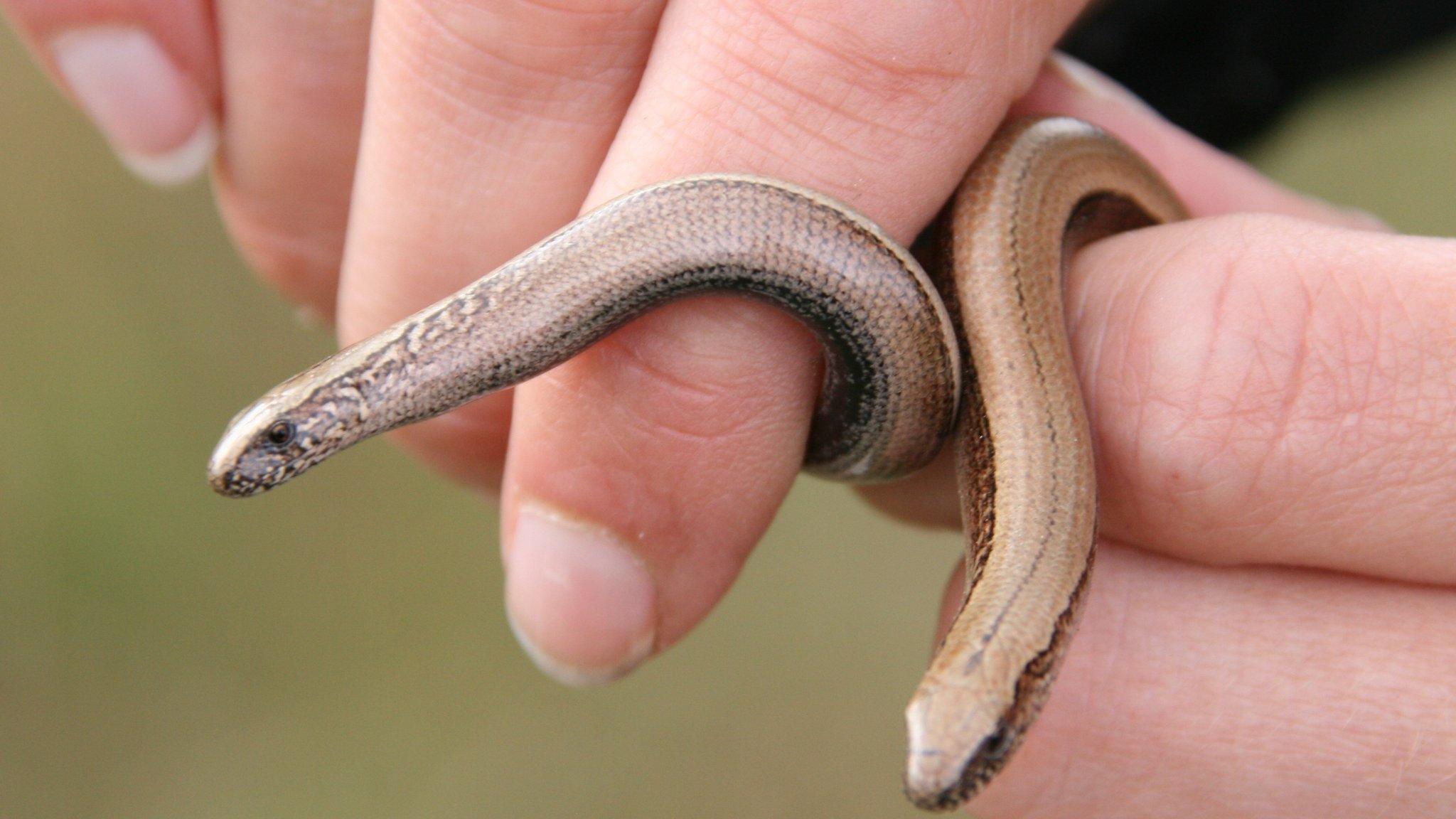Bath council clears itself over slow-worm deaths
- Published
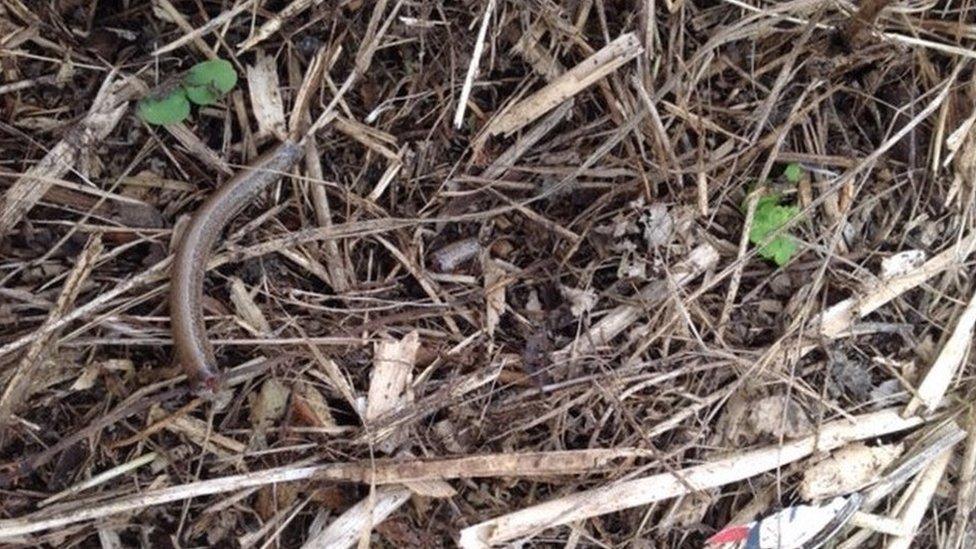
Residents said a tractor pulling a plough had killed slow-worms at the site
A council has concluded it was not responsible for the deaths of two protected reptiles during work for new homes.
Contractors employed by Bath and North East Somerset Council were alleged to have killed slow-worms at Tufa Field, a nature reserve in Odd Down, Bath.
Residents said the council had "shown no mercy for a protected species".
But the authority said it had found "no direct evidence" the workers were responsible for the deaths.
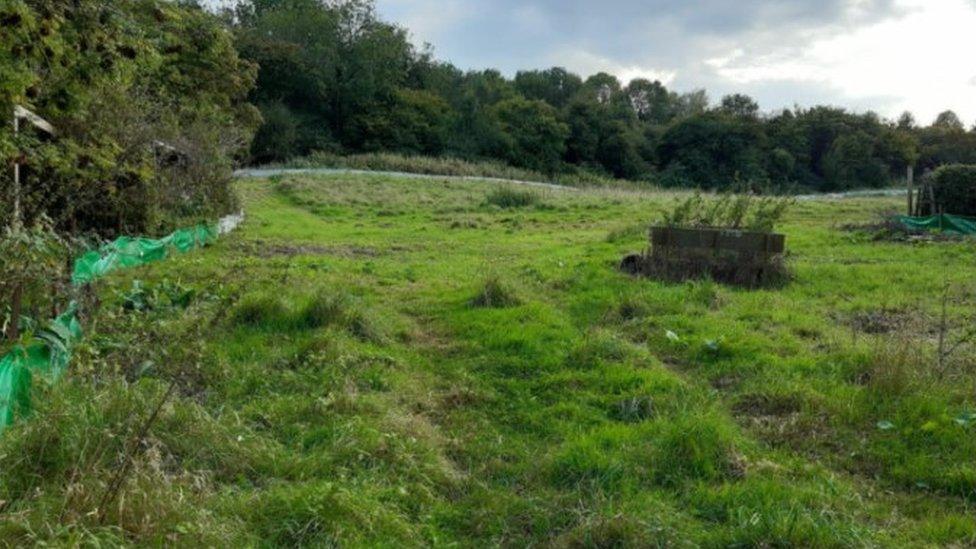
Tufa Field, Odd Down is being developed into 37 new homes
It said it had used a tractor and plough but that they were used on the site three weeks before it was informed about the slow-worms' deaths.
The authority's chief executive Will Godfrey also said he was unable to establish when the photos showing the dead slow-worms were taken.
In August, the council announced it would build 37 homes on the site.
Council leader Dine Romero said: "There is a fine balance between the need to provide new homes and ecology, which is why planning permission was granted subject to the developer meeting ecological requirements."

Slow-worms have protected status in the UK under the Wildlife and Countryside Act 1981.
They resemble small snakes but can be more accurately described as lizards with no legs.
Measuring up to 50cm (20in), they can live for 20 years and are found across most of the United Kingdom.
They have smooth skin and the best time to see them is between May and October, after which they hibernate.

Follow BBC West on Facebook, external, Twitter, external and Instagram, external. Send your story ideas to: bristol@bbc.co.uk , external
- Published26 September 2020
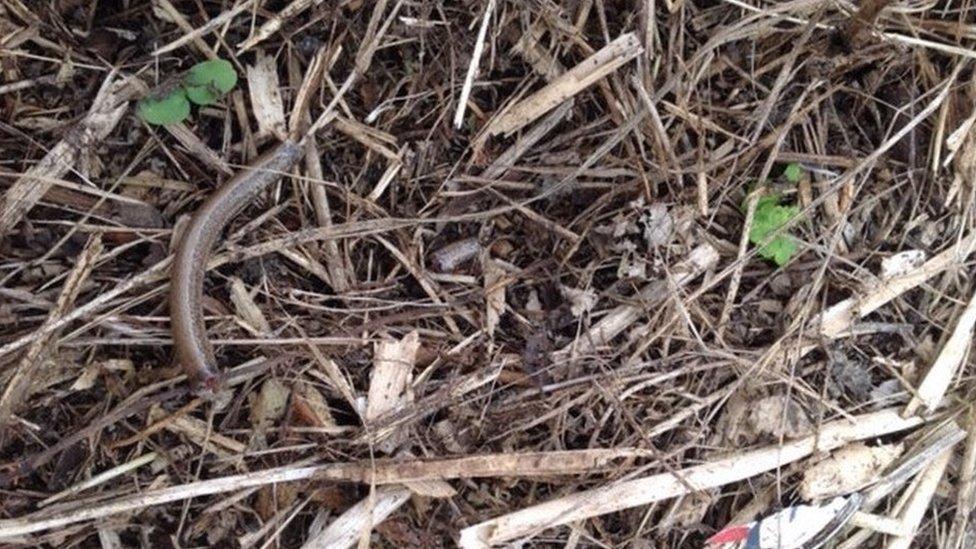
- Published7 October 2011
- Published15 April 2017
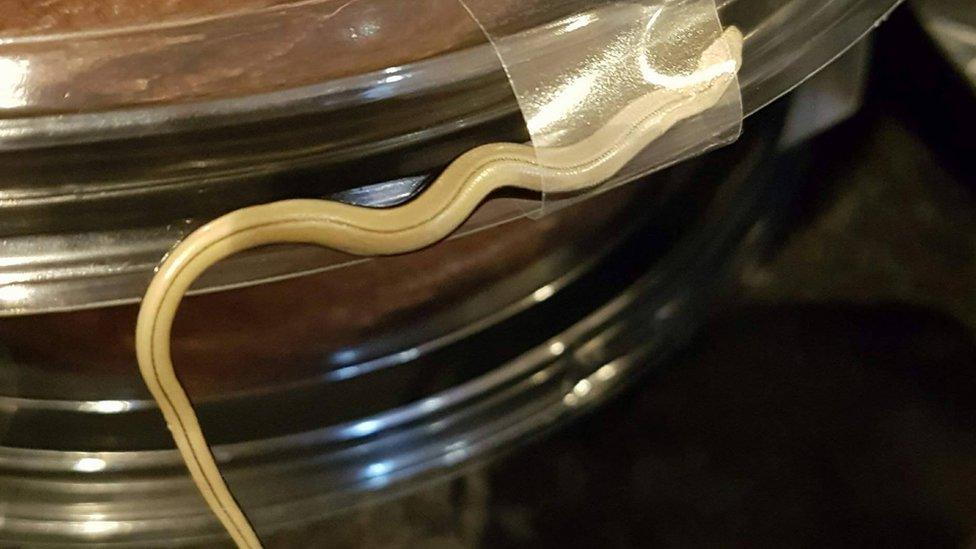
- Published21 September 2012
